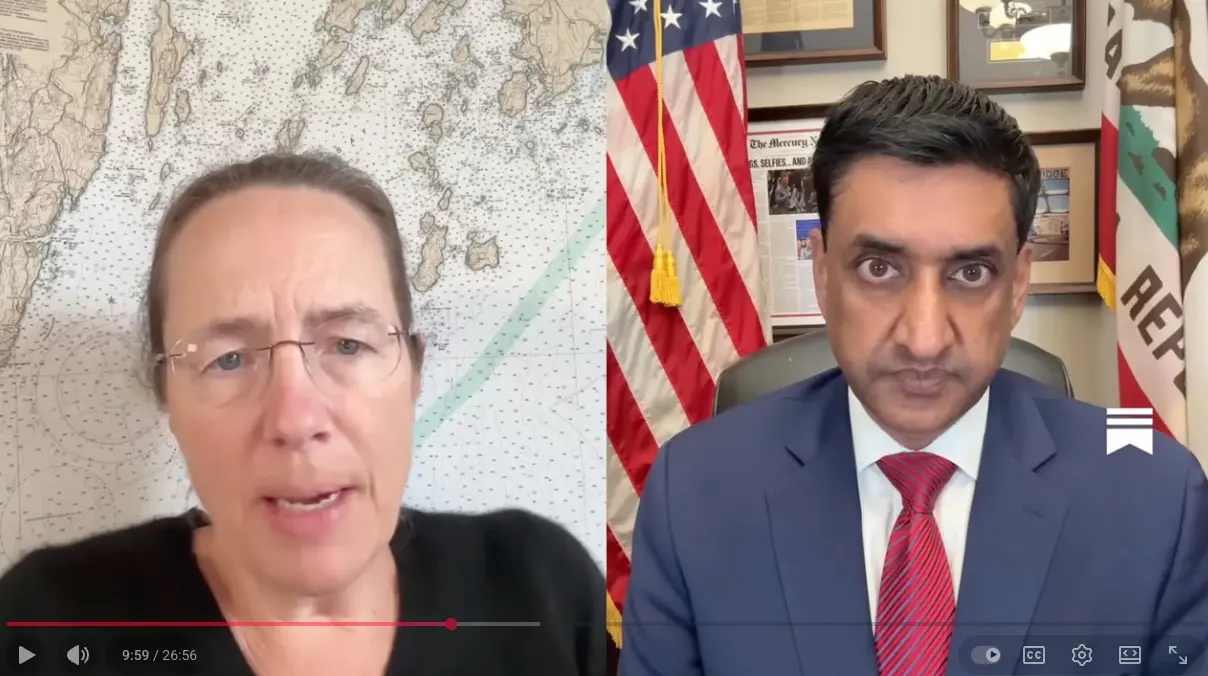After last night’s solid trouncing of the entire GOP steez by the Democrats in elections coast to coast (p.s. don’t miss Zohran Mamdani’s victory speech — it’s a banger), the time is ripe for articulating a new vision of the American Dream. And the vision of progressive capitalism is sounding like the right tone for a nation state that wishes to remain the leader of the free world.
I believe there is pent-up energy in the Democratic reservoir — with a deep bench of political talent of people who actually seem to care about other people. And who actually understand and exalt the real promise of America — as a beacon of hope for a new experiment in self-governance — if we can keep it.
One of those politicians is Ro Khanna, who represents the bulk of Silicon Valley in his California district. He recently sat down with my favorite historian of all time, Heather Cox Richardson, to talk about the vision of progressive capitalism for lifting us out of this moment of reactionary pessimism and “nostalgia populism” — a promise he says is fake in the age of AI because it won’t generate real opportunity (I agree). The following video is a great introduction to this promising vision for a way out of the quagmire we feel ourselves in.
What is progressive capitalism?
Progressive capitalism summary
1. What Khanna means by “progressive capitalism”
- Khanna argues that place matters: for decades, US policy has let capital go wherever it wants and told people in hollowed-out towns, “move if you want opportunity.”
- His version of progressive capitalism says:
- Markets and free enterprise are valuable for freedom and innovation, but
- Government must intentionally invest in people’s health, education, and communities so they can actually develop their capabilities where they live.
- He calls for a national economic development strategy — a kind of “Marshall Plan for the United States” — tailored to each region:
- Advanced manufacturing in some places
- Trade schools and tech institutes (AI, data, cyber) so people don’t have to leave small towns
- Jobs in healthcare, education, childcare, and elder care
2. Care economy and tech economy, not either/or
- Heather Cox Richardson pushes him on care work (childcare, elder care, education), noting it’s already present in every community, dominated by women and immigrants, and chronically underinvested in.








